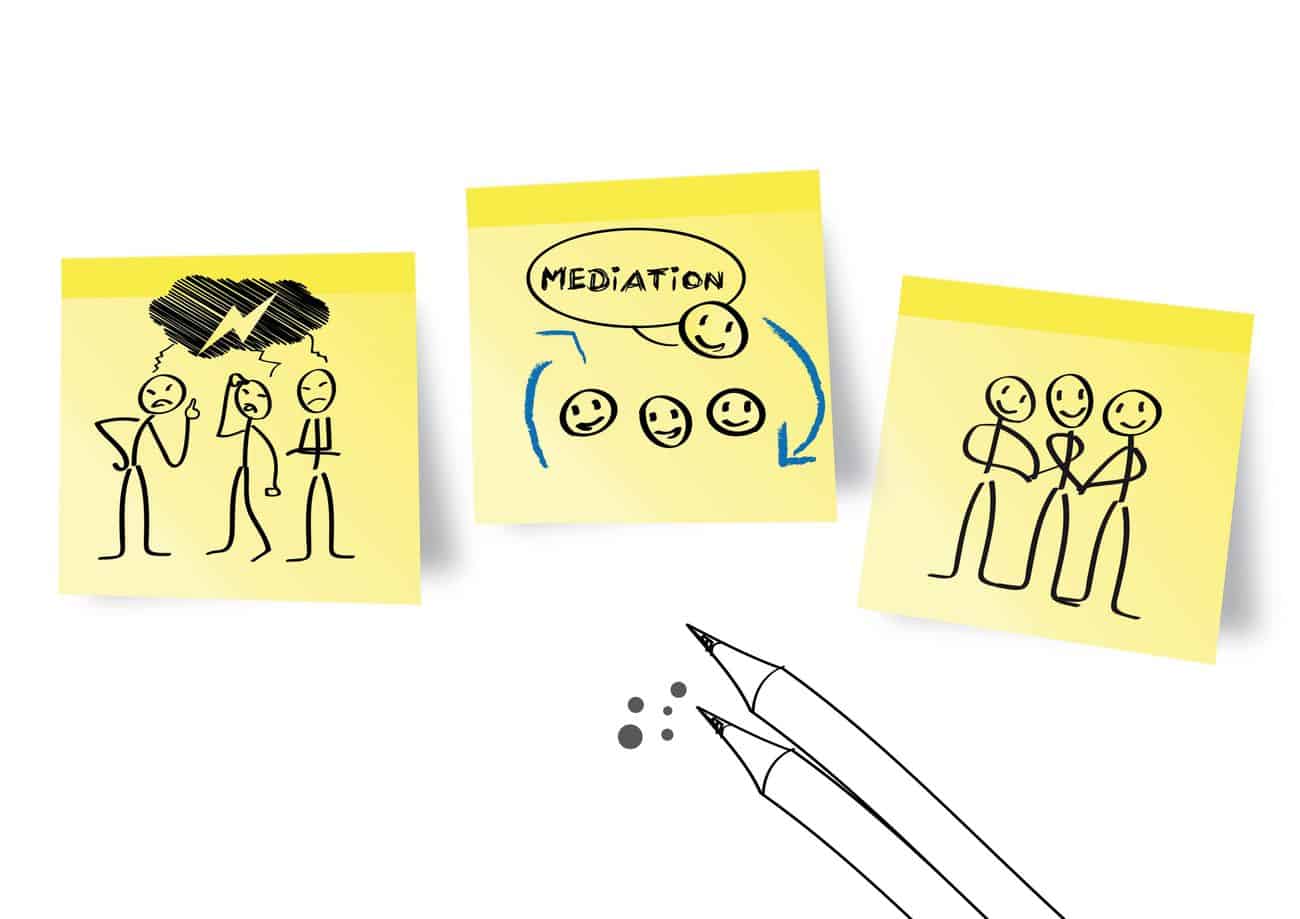MIAMS FAMILY Mediation
Going through a divorce, or separation, is one of the most stressful things that you can possibly undertake.
MIAMS Mediation can help. Contact us today and speak to an accredited mediator!
How Family Mediation Works: A Step-by-Step Guide
MIAMS mediation is a valuable tool for resolving disputes and reaching agreements in a collaborative and respectful manner. By understanding the step-by-step process, you can approach mediation with confidence and clarity. At Harmony Family Mediation Services, we aim to make the process accessible and effective for everyone involved, including those with low income, by providing information on financial support options such as the Family Mediation Voucher Scheme and legal aid.
Benefits of Family Mediation
Family Mediation Offers Numerous Benefits, Including:
- Reduced Conflict: Encourages cooperative problem-solving and reduces hostility.
- Confidentiality: Discussions during mediation are private and cannot be used in court.
- Cost-Effective: Typically less expensive than court proceedings.
- Control Over Outcomes: Parties have more control over the agreements reached.
- Quicker Resolution: Often faster than the litigation process.
- Emotional Well-being: Reduces stress and promotes better communication.

Family Mediation - The Costs
The cost of mediation can often be a concern, but there are several ways to manage these expenses. The Family Mediation Voucher Scheme offers a financial contribution of up to £500 to help cover the costs of mediation for eligible families. Additionally, legal aid is available for those who qualify based on their income and savings, ensuring that mediation remains an affordable option.
During your initial meeting or first appointment, a specially trained family mediator will guide you through the mediation process. This introductory meeting is crucial for understanding your needs and explaining how mediation can help resolve issues related to divorce, child custody, financial matters, and even civil partnerships. In cases involving domestic violence or high conflict, hybrid mediation and the use of different rooms can ensure a safe and effective process.
A family mediator assists in creating a Memorandum of Understanding, a document that outlines the agreements reached during mediation. This document can be made legally binding with the help of a solicitor or through a consent order submitted to the family court. The Family Mediation Council (FMC) provides a register of accredited mediators on their website, ensuring you find a qualified professional to assist you.
For those seeking child inclusive mediation, a specially trained family mediator can involve children in the process, ensuring their voices are heard. This approach can lead to more balanced and sustainable agreements that consider the well-being of all family members. Financial issues, such as dividing assets and arranging child support, can be complex. Bringing relevant documents, like bank statements, to your first meeting can help facilitate productive discussions.
The Steps of Mediation
Step 1: Initial Contact and Screening
The first step in the family mediation process is to make contact with the MIAMS team. This can be done by phone, email, or through their website. During this initial contact, you will provide some basic information about your situation and the issues you hope to resolve through mediation.
The mediator will then conduct a screening process to ensure that mediation is appropriate for your case. This typically involves a Mediation Information and Assessment Meeting (MIAM), where the mediator will assess whether mediation is suitable and safe, especially in cases where there might be concerns about domestic abuse or power imbalances.
Step 2: Choosing a Mediator
Our MIAMS Mediators are trained professionals who facilitate discussions and help parties reach agreements. It’s important to choose a mediator who is experienced, neutral, and someone you feel comfortable working with. Some mediation services may assign a mediator, while others may allow you to select one.
Step 3: Scheduling Mediation Sessions
Once a mediator is selected, you will schedule your mediation sessions. These sessions can be held in person, over the phone, or via video conferencing, depending on your preferences and circumstances. The number of sessions required varies based on the complexity of the issues and the willingness of the parties to cooperate.

Step 4: Preparing for Mediation
Before your first mediation session, it’s helpful to prepare by gathering any relevant documents and information related to the issues you want to discuss. This might include financial statements, property deeds, and details about child arrangements. Being well-prepared can make the mediation process more efficient and productive.
Step 5: The Mediation Sessions
During the mediation sessions, the mediator will facilitate the discussions, ensuring that each party has an opportunity to speak and be heard. The mediator’s role is to guide the conversation, help clarify issues, and explore possible solutions. They do not take sides or make decisions for you; instead, they support you in reaching your own agreements.
Here’s what typically happens in a mediation session:
- Opening Statements: Each party has a chance to explain their perspective and what they hope to achieve.
- Discussion: The mediator guides a structured discussion on the issues at hand, encouraging open communication and mutual understanding.
- Negotiation: Parties propose solutions and negotiate terms with the mediator’s help.
- Agreement: Once an agreement is reached, the mediator helps draft a written summary of the terms.
Step 6: Finalizing the Agreement
The agreements reached in mediation are not legally binding by themselves. However, they can be made legally binding if both parties agree. This usually involves drafting a consent order, which is then submitted to the court for approval. The court will review the agreement to ensure it is fair and in the best interests of any children involved.
